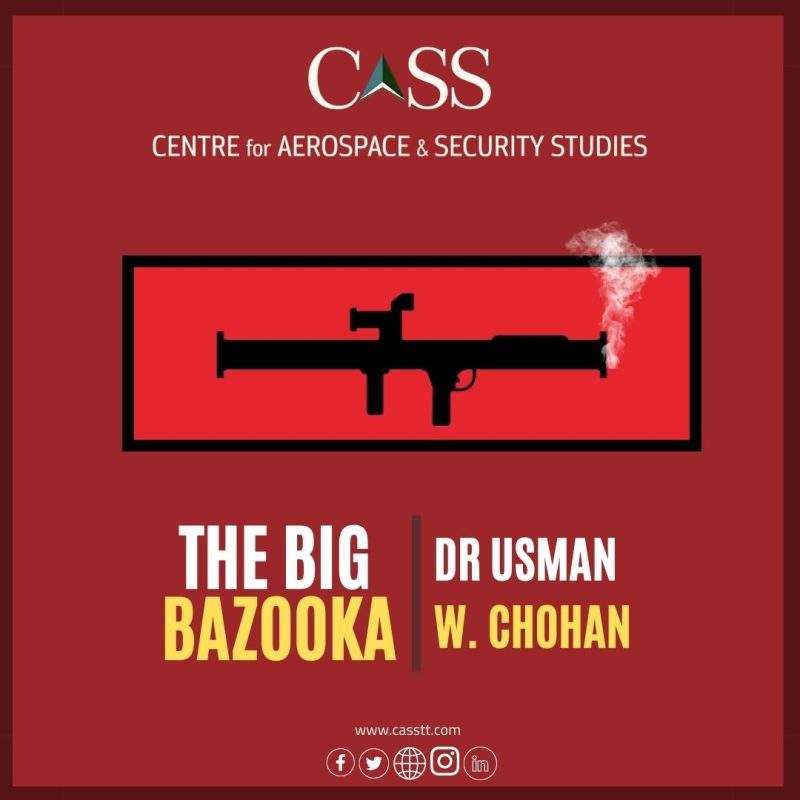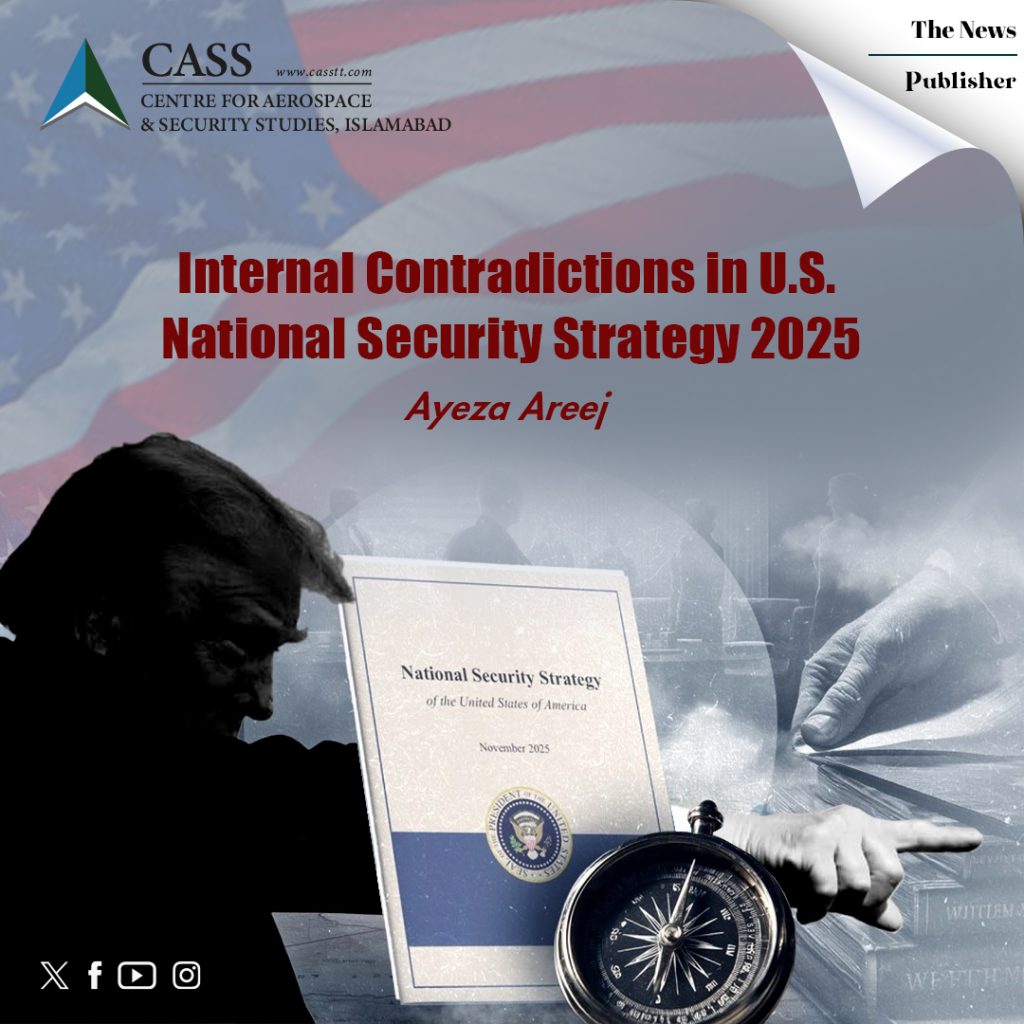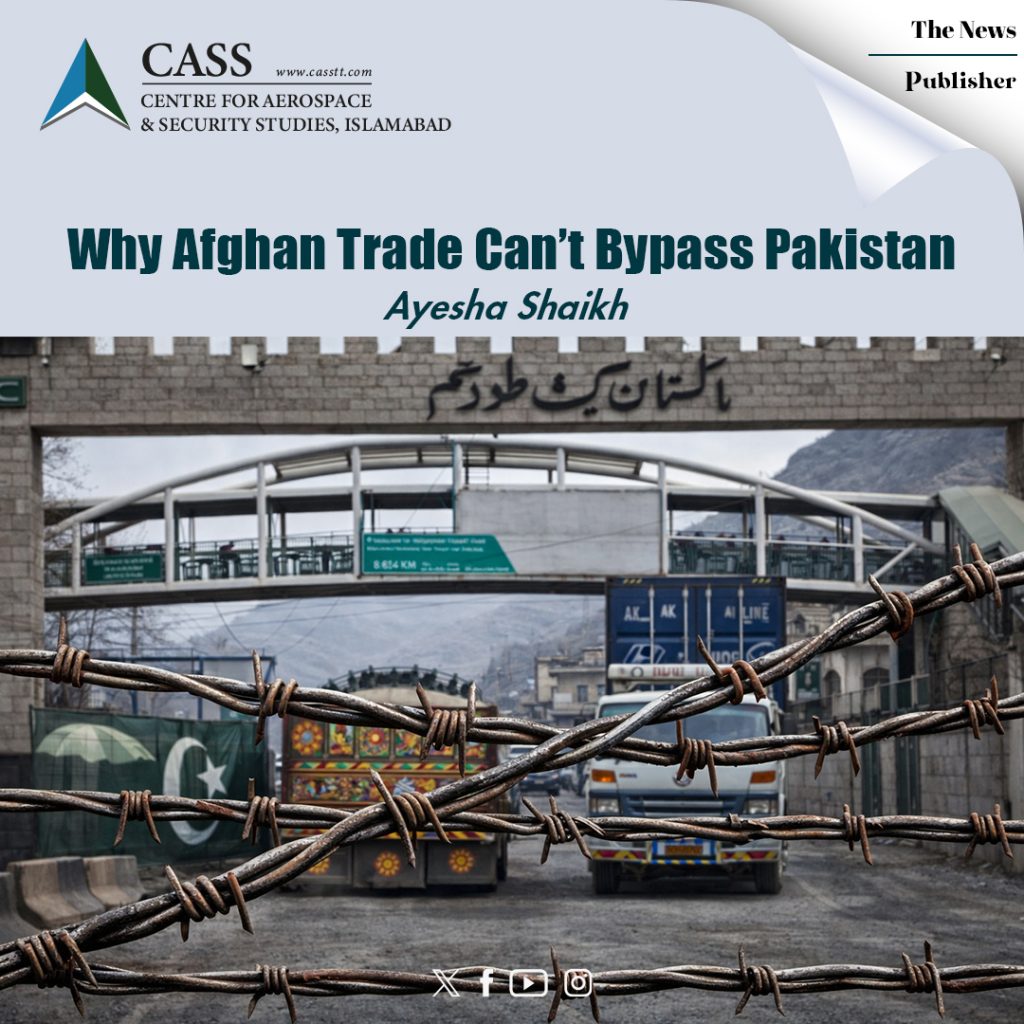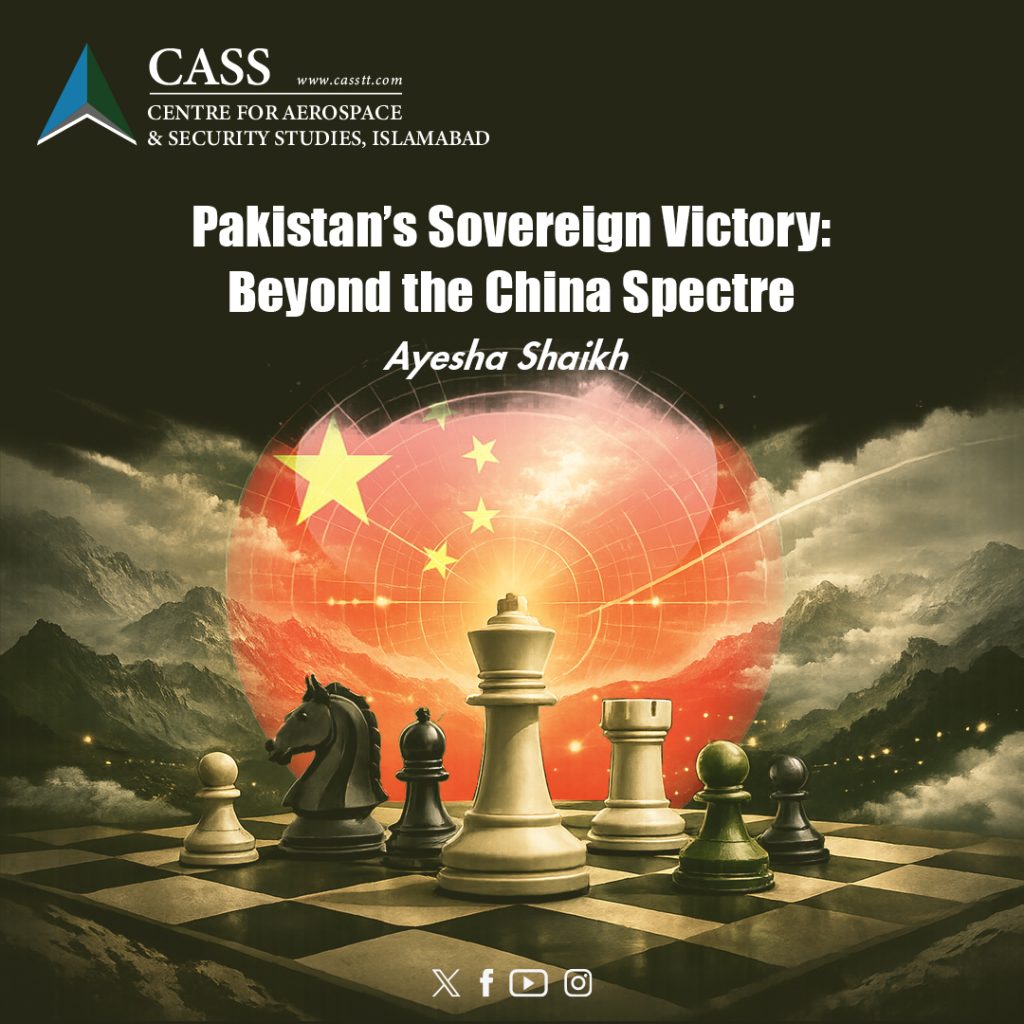In the past few years, Pakistan has also faced the brunt of an IMF “bazooka” in a terrible manner. An Extended Fund Facility (EFF) for a paltry $6 billion dollars in 2019 carried with it dramatic social costs that have made the government’s ambitions for the construction of a stable society much harder to realize. There has been an erosion in the buying power of the masses, and negotiations have continued over issues such as electricity prices that further compress the consumer in order to conform to IMF demands. The coronavirus pandemic has allowed the Pakistan government to negotiate for reprieve on specific elements of the IMF’s requirements, but it has not in the larger sense eased the government’s ability to pursue a development-orientation.
Another reason that most developing countries, including Pakistan, are not eager to lean on the IMF’s Bazooka is that it would damage their sovereign ratings, which have been won after years of hard work on financial management. Aside from the IMF’s conditionalities, then, it is also the reputational cost of engaging with the “lender of last resort” that countries are seeking to avoid. This calculus is based on the idea that, although the pandemic may subside soon enough, the sovereign ratings that developing countries have earned over decades may be lost quickly and then require many more years to recoup.
As a result, despite being the “lender of last resort” in the present arrangement of global capitalism, with up to $1 trillion of lending power loaded into its “big bazooka,” the IMF has failed to act meaningfully when positive global financial interventions have been most urgently required. For the developed world, the IMF has not approved a major funding arrangement in since 1977 (Italy), and so its ability to make a difference there is moot, especially when powerful countries that are currency-sovereign, such as the United States and Japan, have simply printed their own money with abandon during the pandemic. For example, almost 20% of all US dollars that have ever existed were printed in 2020 alone.
Meanwhile, for the developing world, which is not currency-sovereign and has faced immense risks of impoverishment during this pandemic, the IMF has certainly failed to make a difference. In her assessment of the global economic outlook last year, Georgieva pleaded that the IMF needs “more resources” to help countries manage economic crises. Sadly, the ammunition that the IMF possesses has not been put to adequate use during this pandemic in any case, which makes it difficult to justify why this big bazooka exists in the first place. In imagining a better global financial system for the post-Covid era, then, the world may be better off without the IMF’s ostensibly big but ultimately useless bazooka.
The writer is the Director for Economics and National Affairs at the Centre for Aerospace and Security Studies (CASS). The article was first published in REGIONAL TIMES. He can be reached at [email protected].





